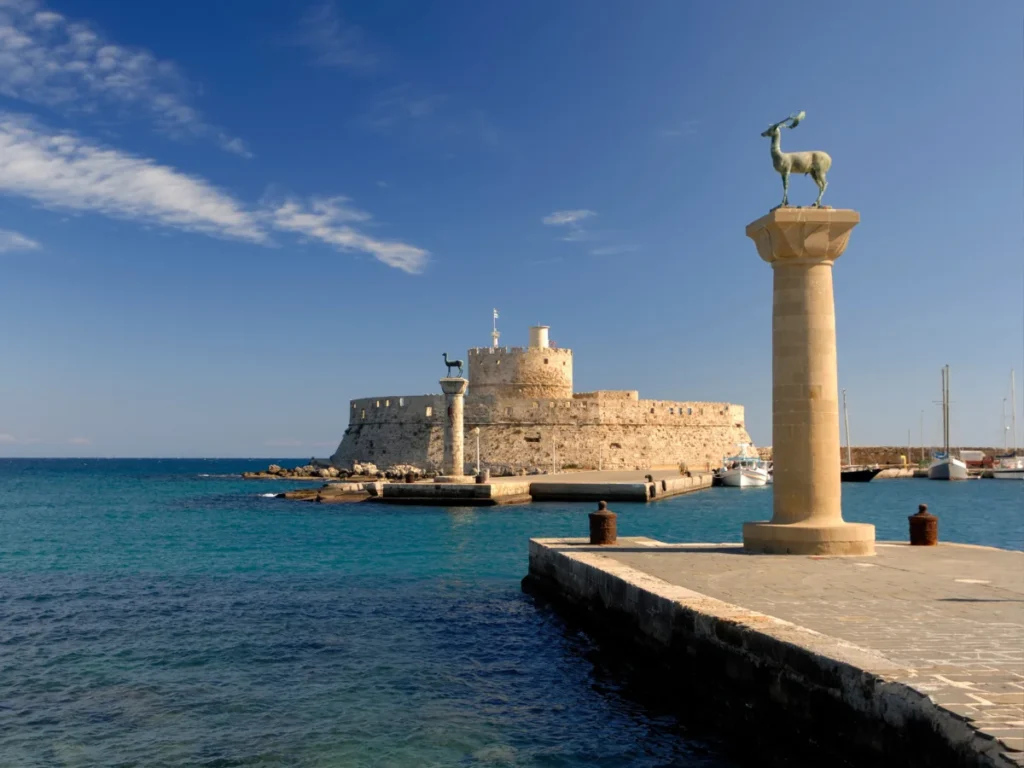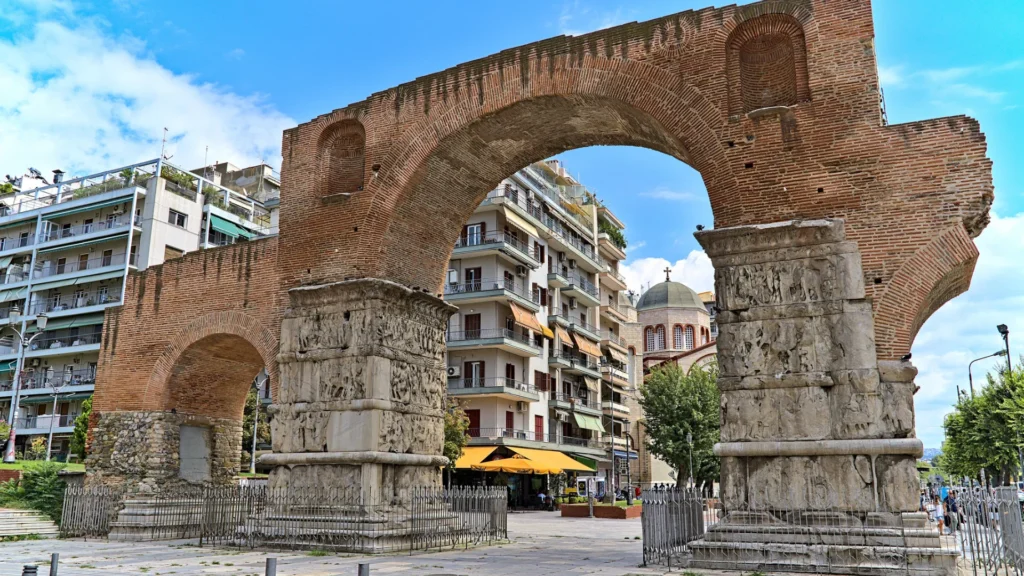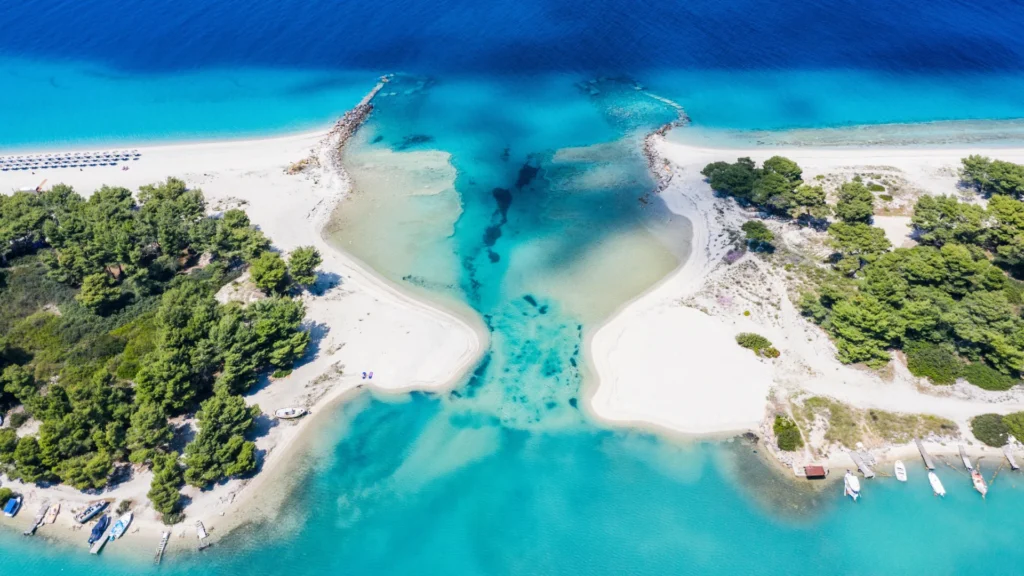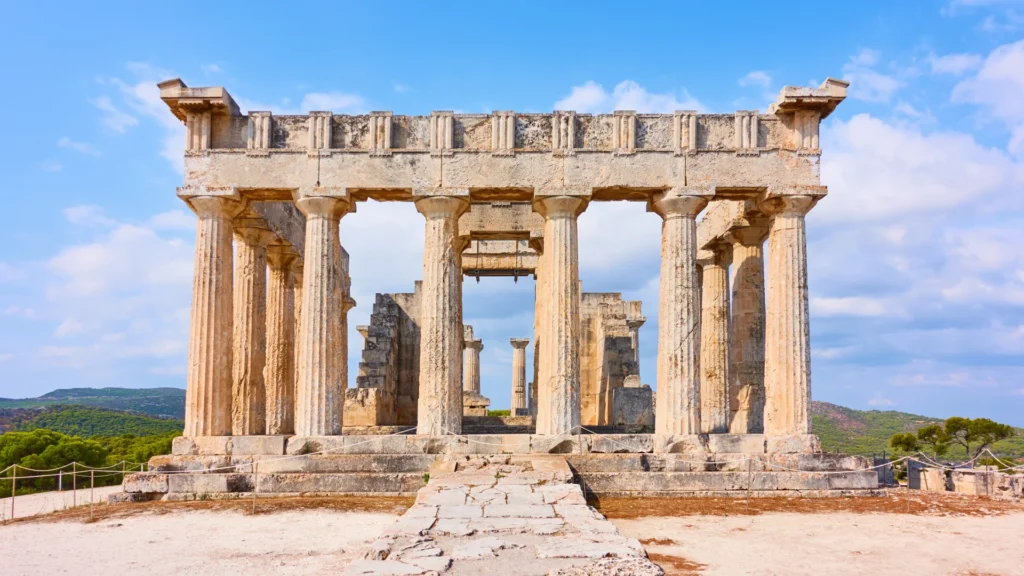The Colossus of Rhodes is an ancient wonder
The Colossus of Rhodes is an ancient wonder that graced the island of Rhodes, Greece. Erected in 280 BCE to commemorate a heroic victory, this colossal statue of the sun god Helios stood as a testament to Greek engineering prowess and their deep reverence for the gods. The island of Rhodes, a historical gem in the Aegean Sea, served as the perfect backdrop for this magnificent sculpture, symbolizing the powerful connection between human achievement and divine favor.

The Colossus of Rhodes is an ancient wonder
The Marvelous Colossus of Rhodes: A Triumph of Ancient Engineering
The Colossus of Rhodes was a monumental ancient wonder that stood proudly on the island of Rhodes in Greece. Erected in 280 BCE, it was a testament to Greek ingenuity and reverence for their gods.
A Tribute to a Heroic Victory
The colossal statue was built to celebrate the successful defense of Rhodes against an invading army led by Antigonus I Monophthalmus. To honor the sun god Helios, whose statue it represented, it was cast in bronze. Helios was the patron deity of the island, and this magnificent statue became a symbol of their resilience and victory.
Masterful Greek Engineering
Crafting the Colossus was a formidable feat of engineering for its time. The statue stood approximately 30 meters tall, a remarkable achievement in the 3rd century BCE. The Greeks used a variety of innovative techniques, including a bronze framework and iron support beams, to ensure its stability.
The Island of Rhodes: A Historical Gem
Rhodes was strategically located in the Aegean Sea, making it a significant center of trade and culture in the ancient world. The island’s vibrant history and strong connection to Greek mythology added to the allure of the Colossus.
Gods in the Greek Imagination
In ancient Greece, the gods played a central role in daily life. Every aspect, from art to politics, was infused with divine significance. The construction of the Colossus was a testament to the deep-seated belief that the favor of the gods could be earned through grand acts of devotion.
The Colossus of Rhodes, with its towering presence, celebrated both human achievement and divine protection. Though no longer standing, it remains a symbol of ancient Greek craftsmanship and their unwavering faith in their gods.
More History

King Amyntas III of Macedon
King Amyntas III of Macedon ruled with strength and wisdom, expanding his kingdom’s influence and ensuring stability during his reign in ancient Greece.

Heracles had a son named Temenus
Heracles was the father of Temenus, a significant figure in Greek mythology and history, known for his role in the Dorian invasion of ancient Greece.

The assassination of Perdiccas II
Perdiccas II, the Macedonian king, met his end through assassination, a pivotal event in ancient Greece that reshaped the political landscape of the region.
